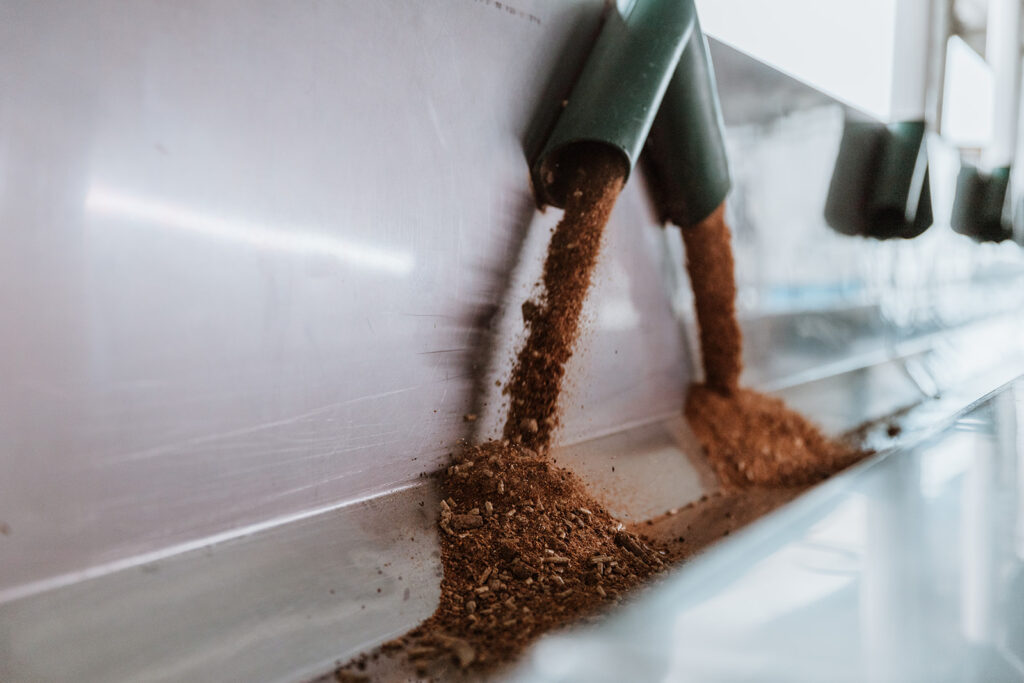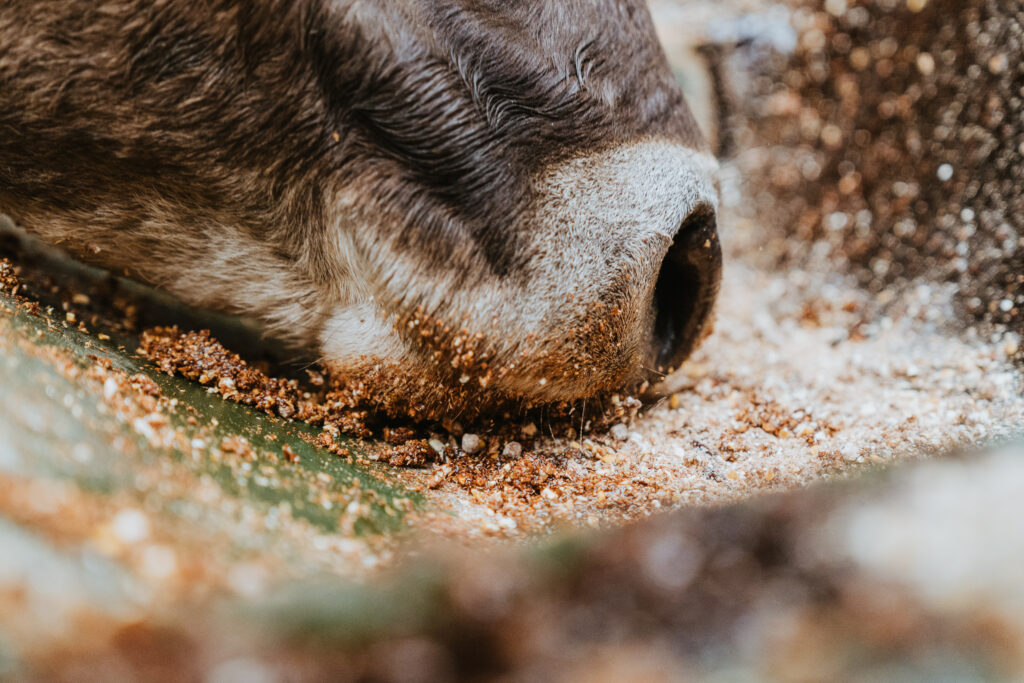Selling cows and cutting feed to reduce costs may hamper profitability long-term
As the new dairy season gets underway and farmers tackle ongoing financial challenges, GrainCorp Feeds New Zealand is urging them not to make hasty decisions about selling cows and cutting back on supplementary feed.
“There is conflicting advice out there. While some dairy industry commentators are advocating for farmers to reduce costs by selling cows and not buying in supplementary feed, I believe this is a short-sighted approach,” says GrainCorp Feeds NZ General Manager Daniel Calcinai.
“Reducing your herd size and cutting out supplementary feed may not be the best option and could affect the profitability of some farm businesses over the next few years, not just this season.
“Farmers need to take a long-term approach to their decision-making, to minimise risk and give themselves the best chance of success.
“While prioritising the use of homegrown feed, the best thing farmers can do is review inputs, including their herd’s total diet, and create a base feed plan, including costs and income. This will help them see what margins might be achievable in various scenarios.
“Tracking production in real time can help them make more informed feed and herd management decisions. Based on our calculations, in most cases, feeding the right feed at the right time will continue to pay off financially.”
The GrainCorp Feeds NZ team is well-positioned to help farmers navigate their way through these challenging times and mitigate risks to their business.
“Farmers can elect to have their milk data sent to us from their milk companies daily, which we upload into Tracker™. We can then use that information to help them monitor outcomes of decisions made, plan, budget and evaluate different scenarios,” says Daniel.
“We then combine real time information with other data to measure things like feed conversion efficiency, milk urea nitrogen, milk quality and composition, Fat Evaluation Indexes (FEIs) and margin. This can help farmers make better, fact-based, proactive decisions.
“It’s about maximising the utilisation of home-grown feeds and then adding the right supplement to complement the seasonal pasture conditions and the cow’s diet. Our goal is to improve rumen function and feed conversion efficiency in a cost-effective way.”
Making sure cows are efficiently turning feed into milk will be crucial as farmers start exploring ways to reduce their on-farm emissions.
Dairy companies are rallying to support farmers to reduce on farm emissions and protect our industry’s global competitive advantage. Fonterra recently released information to help its suppliers reduce emissions and their farm’s carbon footprint by recommending specific actions they can take.
Three key areas in which Fonterra encourages farmers to act are through improved animal efficiency, better nutrition and understanding the implications of supplementary feed; all key areas where GrainCorp can help.
“While on-farm emissions targets don’t come into effect until 2025, our team is equipped to help farmers get ready and get some runs on the board now. It’s a busy and challenging time for dairy farmers. We have a responsibility to step up and do what we can to help ease the load,” says Daniel.
“For example, we can help measure, monitor and alter milk urea nitrogen levels excreted by improving a herd’s nutrition, optimising rumen function and feed utilisation.
“Not only can this help reduce the levels of nitrogen excreted on pasture and reduce the risk of waterway leaching, if managed and implemented correctly, but it can also improve productivity and margins. It’s all about efficiently turning feed into milk, minimising waste, and maximising milk output.”
In the short term, to manage methane, Daniel says one option touted in the industry is for farmers to reduce their herd size, which can also help them reduce their overall footprint. But not at the expense of production.
“We have a proven track record in helping farmers reduce herd size to reduce milk urea nitrogen and methane, all while maintaining or increasing the farm’s overall milk production. It can be done if planned well.
“This also leads to other sustainability benefits, such as a possible reduction in emissions intensity or emissions per kilogram of milk solids produced.”
In Australia, GrainCorp Feeds has several projects in the pipeline to develop solutions that could help New Zealand farmers mitigate methane and carbon emissions on pasture-based dairy systems.
“We are in the early stages of our investigations, but the progress is promising, and we look forward to sharing our findings with our New Zealand customers in the near future.”



